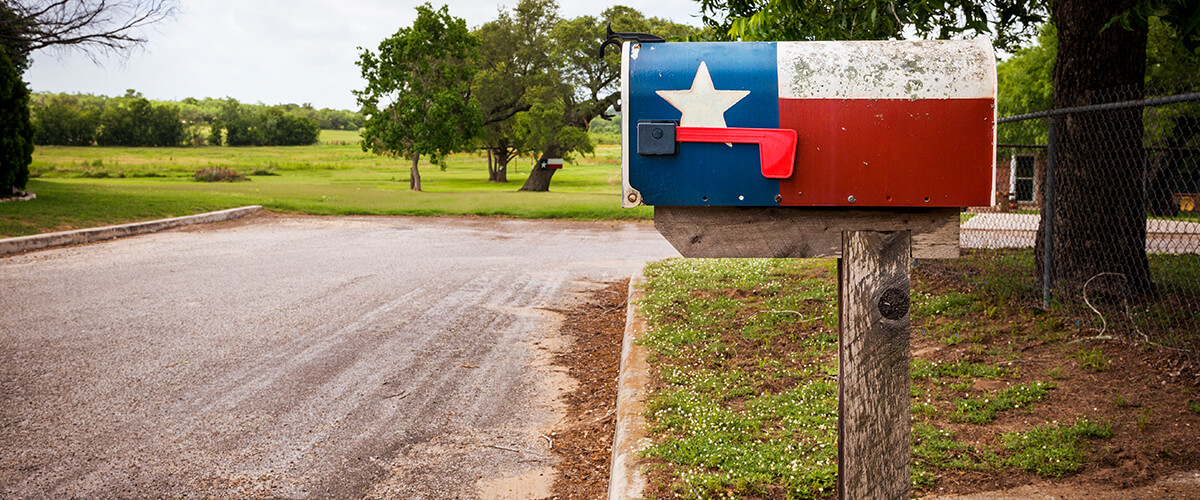A Texas law legalizing hemp may have given cities like Austin a chance to halt tickets and arrests for small amounts of cannabis.
Later this month, Austin City Councilmembers will vote on a resolution to stop police from penalizing individuals found in possession of low-level amounts of marijuana.
According to a report from the Texas Observer, the resolution which was filed by Austin City Council Member Greg Casar would eliminate police enforcement and penalties for misdemeanor marijuana possession unless there’s an immediate threat to someone’s safety.
“Most Texas voters want to see marijuana legalized. Most Texas voters don’t want to see counties or cities dedicating extra resources to marijuana cases,” Casar told the Texas Tribune. “We’re simply doing what we believe is right given the situation.”
The resolution would also block Austin police from using any resources on lab testing for low-level marijuana possession. Three other council members have co-sponsored the resolution out of 11 total members.
To approve the resolution, two more councilmembers would need to vote in favor of it. If the Jan. 23 city council vote goes in favor of Casar’s resolution, Austin would have until May 1 to update its guidelines and re-train Austin police officers.
Casar told the Texas Observer that citations for petty marijuana possession in Austin have dropped even further since the hemp law took effect, leaving officers with no incentive to enforce current laws because officers they most likely will not be prosecuted by the district attorney’s office.
“Frankly, we’re trying to maintain what’s happening right now, which is that [marijuana] citations are going nowhere,” Casar told the Observer. “Why would we go back to a world where these citations go somewhere?”
Austin is one of the most progressive cities in the deep-red state, and in 2007 Austin city officials authorized law enforcement to cite, rather than arrest, people for low-level marijuana cases.

How Texas Accidentally Decriminalized Marijuana
In March, Texas lawmakers legalized hemp by removing it from the state’s list of controlled substances in response to the federal 2018 Farm Bill. The non-intoxicating variety of Cannabis sativa L., known as hemp, must have a tetrahydrocannabinol (THC) level lower than 0.3 percent to be legally classified as hemp. Anything over that amount is strictly illegal in Texas.
The unintended impact of the legalization has led to a drop in low-level marijuana prosecution due to the testing required to correctly identify if the cannabis variety is hemp or THC-marijuana. According to the Texas Tribune, Texas’ government-run labs have yet to find a reliable method for testing hemp versus marijuana.
Last summer, TX legalized hemp and, as an unintended side effect, made marijuana prosecution a lot harder.
The outcome: misdemeanor pot cases have dropped by more than half. My latest, with a telling chart by @MandiCai https://t.co/rkz02dIfdt #txlege pic.twitter.com/ituA4nqBIc
— Jolie McCullough (@jsmccullou) January 3, 2020
So far all the labs can verify is if THC is in a substance, but not how much THC is in a substance. This has led to new misdemeanor cannabis cases being rejected by prosecutors or held in limbo waiting for more accurate lab testing.
“Last summer, TX legalized hemp and, as an unintended side effect, made marijuana prosecution a lot harder. The outcome: misdemeanor pot cases have dropped by more than half,” Texas Tribune reporter Jolie McCullough wrote in a Jan. 3 tweet.
Hemp is a crop with a wide range of versatility in making products, including CBD oil.
Marijuana News in Austin and Beyond
Learn more about the current cannabis laws in Texas, or keep up with the latest developments in cannabis policy, business, and scientific research by visiting out cannabis news page.






